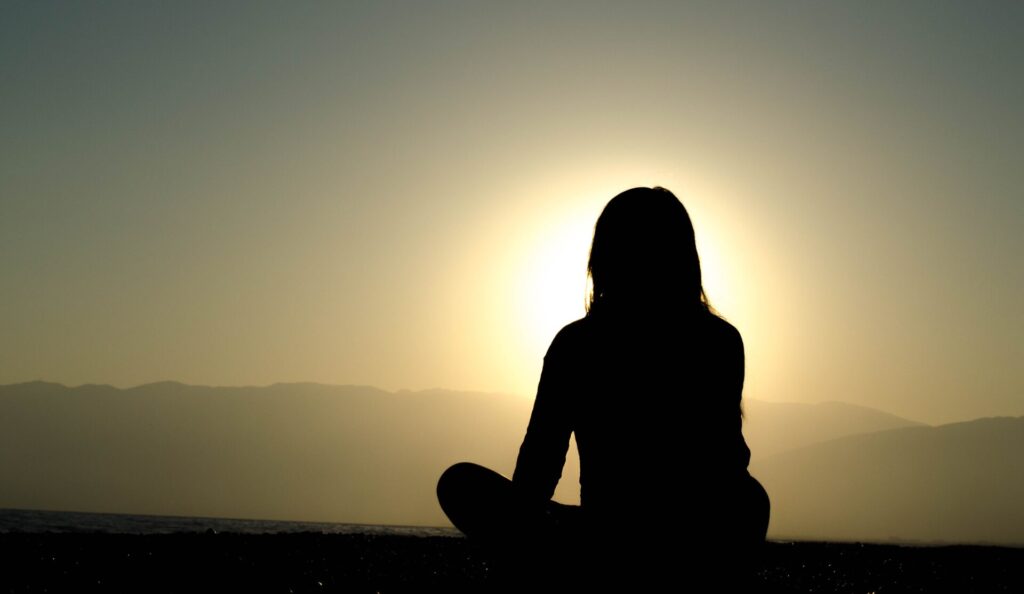Reiki healing, an age-old practice, has garnered significant attention in recent years as a holistic approach to improving physical, emotional, and spiritual well-being. Rooted in ancient Eastern traditions, Reiki taps into the universal life force energy to facilitate the healing process. In this article, we will explore the enigmatic science of Reiki and delve into how this unique energy healing technique works to restore balance and harmony within the body and mind.
Understanding Reiki
At its core, Reiki is a Japanese healing technique that involves the transfer of healing energy through the gentle touch of a practitioner’s hands. The term “Reiki” originates from two Japanese words – “Rei,” which translates to universal or higher power, and “Ki,” representing life force energy. The belief underlying Reiki is that this universal life force energy permeates all living beings, and imbalances in this energy can lead to physical or emotional disturbances.

The Mechanisms Behind Reiki Healing
The science of Reiki healing is multi-faceted, encompassing several principles that synergistically contribute to its healing effects.
1. Energy Channels and Chakras
Reiki practitioners work on the premise that the human body is interconnected through energy channels known as meridians or nadis. Along these pathways reside seven primary energy centers called chakras. During a Reiki session, the practitioner places their hands near these chakras to facilitate the flow of healing energy. Each chakra is associated with specific physical and emotional aspects, and Reiki aims to restore equilibrium by clearing and balancing these energy centers.
2. Energy Exchange
Central to the process of Reiki healing is the transfer of healing energy from the practitioner to the recipient. This energy exchange is believed to activate the body’s innate healing abilities, inducing a profound sense of relaxation and overall well-being. Studies have also suggested that this energy transfer may trigger the release of endorphins, the body’s natural painkillers, and contribute to stress reduction.
3. Quantum Energy
From a scientific perspective, Reiki’s effectiveness may be linked to principles found in quantum energy. Quantum physics explores the behavior of energy at a subatomic level, and Reiki operates under the notion that energy transcends time and space. Consequently, Reiki can be administered both in person and remotely, making it an adaptable and accessible form of energy healing.
4. Stress Reduction and Relaxation
One of Reiki’s primary benefits lies in its ability to induce deep relaxation. By easing stress and promoting relaxation, Reiki allows the body to concentrate its energy on self-repair and revitalization.
Conclusion
Although the full extent of Reiki’s scientific understanding may remain enigmatic to some, its increasing popularity and positive testimonials from both practitioners and recipients underscore its potential as a valuable complement to overall well-being. By tapping into the universal life force energy and promoting balance within the body’s energy centers, Reiki offers a gentle and distinctive approach to healing and self-discovery. Whether one is a skeptic or a believer, embarking on a Reiki journey can be transformative, unveiling a deeper connection between the mind, body, and the remarkable capacity for healing that resides within us all.
Reiki healing is an ancient Japanese technique that involves the transfer of universal life force energy to promote healing and well-being. Unlike some other energy healing practices, Reiki follows a specific set of hand positions and principles to channel energy into the recipient’s body.
While the science behind Reiki is still being explored, there is evidence suggesting its effectiveness in promoting relaxation, reducing stress, and enhancing overall well-being. Some studies have shown positive outcomes, but more research is needed to fully understand Reiki’s mechanisms.
Reiki is generally considered safe and non-invasive. Recipients may experience a sense of relaxation and peace during and after the session. It’s essential to drink plenty of water and rest after a Reiki session as the body may undergo a detoxification process.